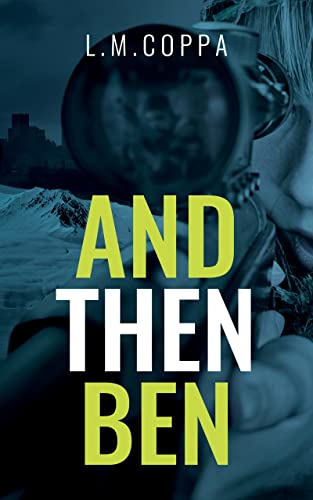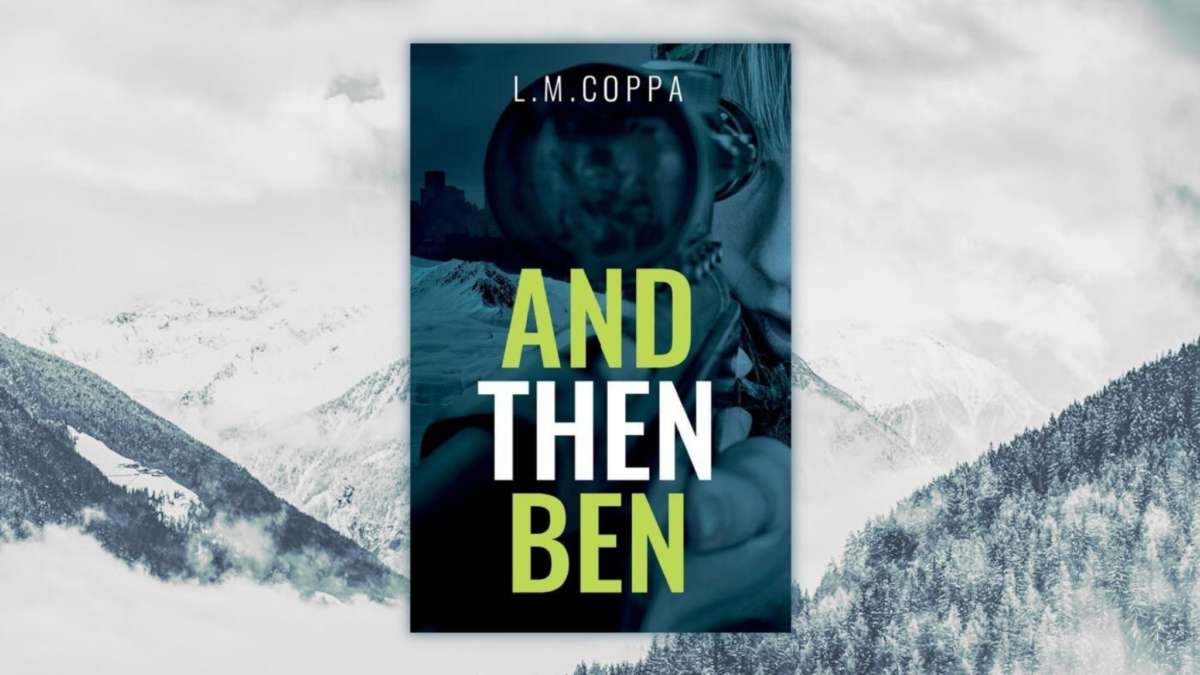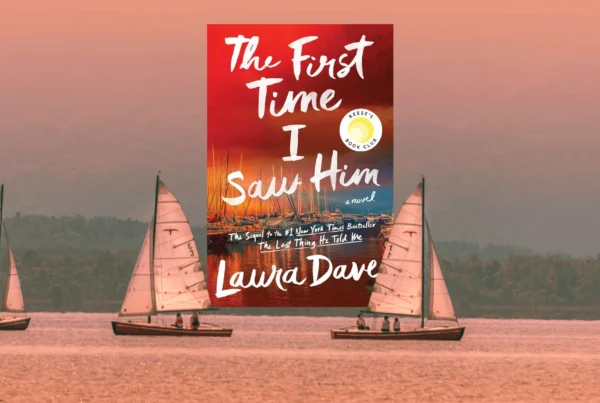And Then Ben by L.M. Coppa
“I just read the ending and my heart is in my throat. A wonderful novel that will keep you on the edge of your seat!” —Edward Jones III, Amazon reviewer
“This isn’t about ‘the event’ — it’s about the characters, human emotions, the drive to survive and at the end, difficult decisions.” —Tamara Lindsay, Amazon reviewer
—∞—
Alice is profoundly alone at the start of L.M. Coppa’s And Then Ben, in a way that most of us can’t even imagine. The 38-year-old has been cut off from her children Marie and Robby (and her ex-husband Joseph) ever since the Event four months ago, when temperatures plummeted and the snowstorms began, blanketing the earth in an ever-growing layer of snow and ice and shutting down utilities and communications.
She had already been left reeling by a home invasion by an unknown attacker when, in the confusion of an unplanned mass evacuation, Alice was separated from her children, from everyone, and left behind all alone in her town to fend for herself with no idea where her family has been taken and no way to find them.
She has settled into a cold and lonely routine in a neighbor’s house, as she can’t bear to be in her own. She lives on the bottom floor, completely snowed in, climbing in and out onto the snow from the second-floor window every day to go to the grocery store, sporting goods store, library, or simply to sit at the bus stop. The radio plays only static. Her life feels pointless — with only her instinct for survival to keep her going and no joy left in her heart. Eventually, the supplies at the two stores will run out, and then what will happen to Alice? She doesn’t even want to think about that.
HELPFUL COMPANION OR DANGEROUS STRANGER?
And then Ben, as the title says. After all those months of crushing loneliness, another person appears in her empty town. But Alice is conflicted. She worries if he would be a friend or foe. He is someone else to use up the dwindling supplies or even take all of them away. With memories of being attacked in her home by a stranger still fresh in her mind, she also knows what people are capable of.
But Ben could be someone to talk to, someone to share the burden of living without power and heat in a world of ice and snow. He might know where the evacuees were taken, where her children might be. She has to make a choice, and her loneliness wins. But as she gets to know Ben, she starts to realize that he’s not exactly who and what she thinks he is.
With And Then Ben, Coppa has designed a freezing near-future world and placed in it a woman who is forced to survive against all odds. The reader experiences Alice’s daily life firsthand and in great detail. Her survival is due in part to her ingenuity in figuring out how to meet her needs with limited access to resources. We develop great empathy for her and all the decisions she must make, both the ordinary day-to-day ones (how many cans to take off the shelf) and the big ones (approach the stranger or hide from him).
It’s not just about physical survival, though; it’s about mental and emotional survival. She must process not only her grief over separation from her family, but the trauma of the assault that happened even before that — and the ravages of isolation and anxiety in the hellish world she now must inhabit.
No one can know what they would do in such a situation, making this a good book for a reading group discussion. What would you have done differently and why? Is it better to trust and form alliances or go it alone? Disaster fiction gives us the opportunity to think about these things and consider the impact of the unexpected before we are ever faced with a disaster of our own.





